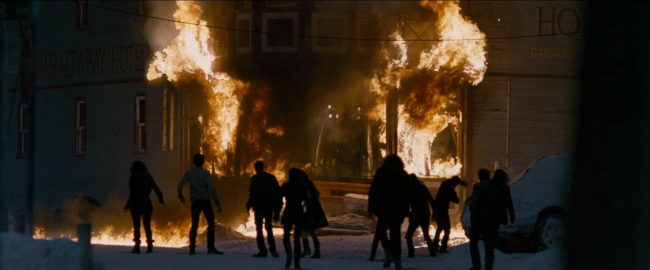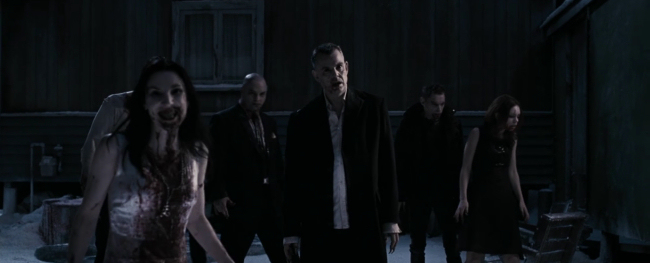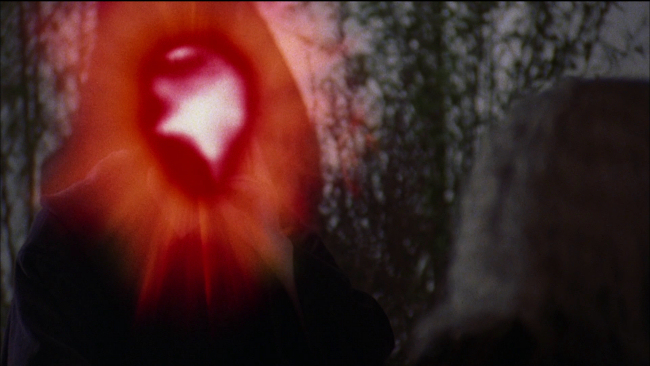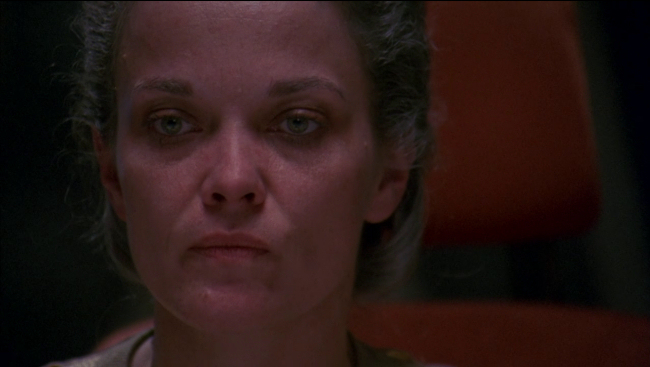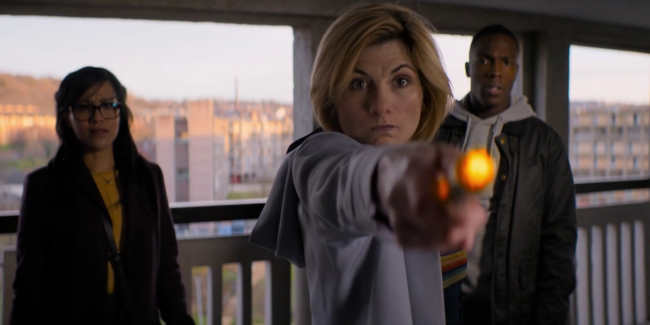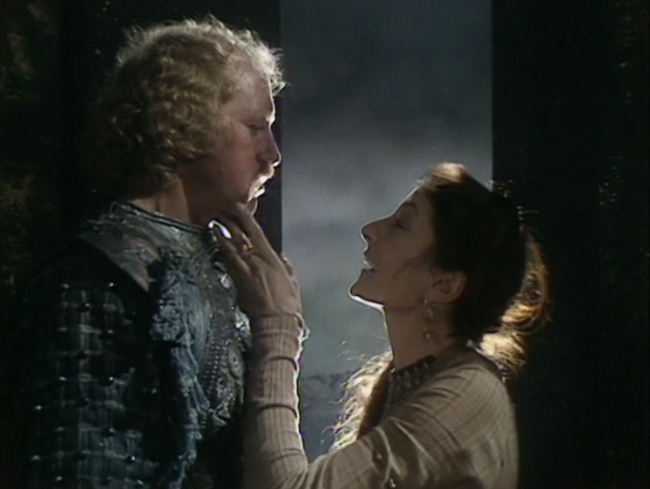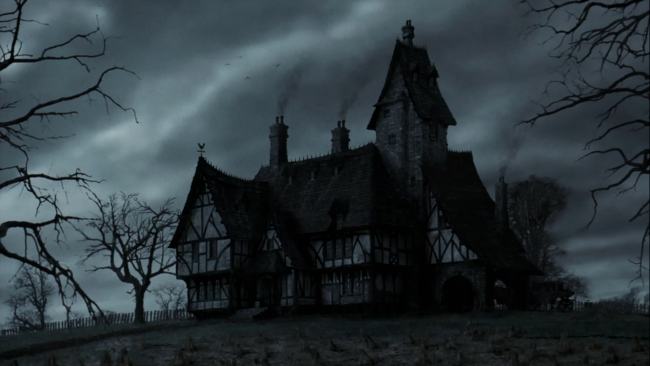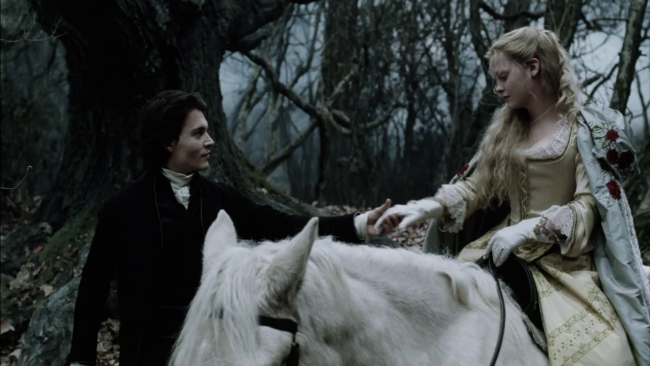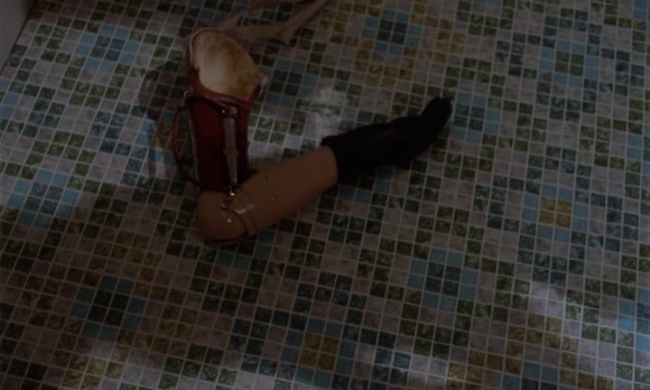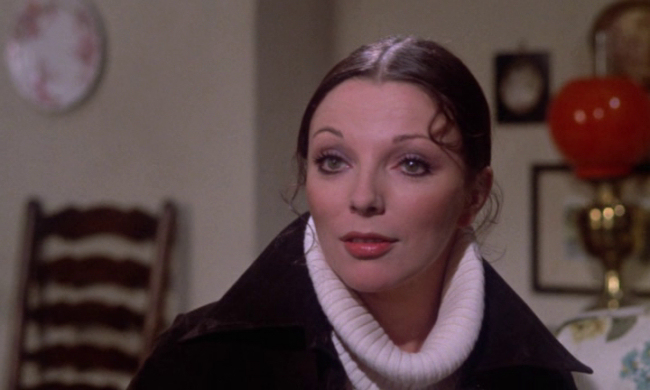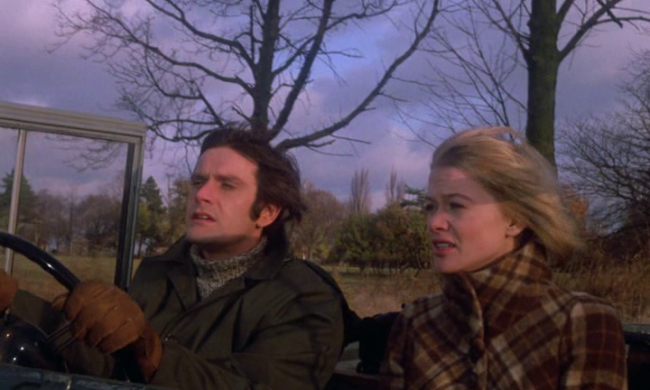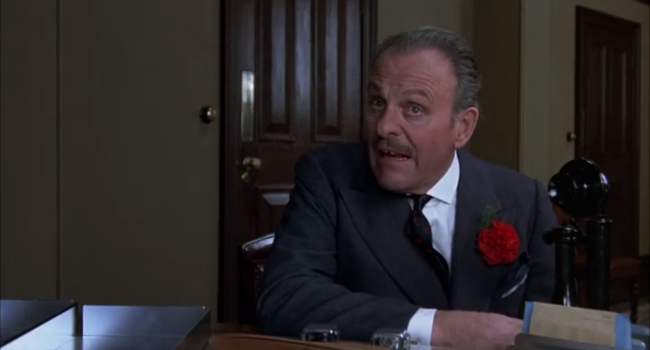
There's a 1967 West German horror film streaming on Amazon Prime now under the unassuming title of The Torture Chamber of Dr. Sadism. But according to Wikipedia it also goes by the similarly understated titles The Blood Demon, Castle of the Walking Dead, or its German title of Die Schlangengrube und das Pendel ("The Snake Pit and the Pendulum"). It looks like it's a straight transfer from the VHS and it's dubbed in English but it's well worth watching not just because star Christopher Lee does his own English voice over.
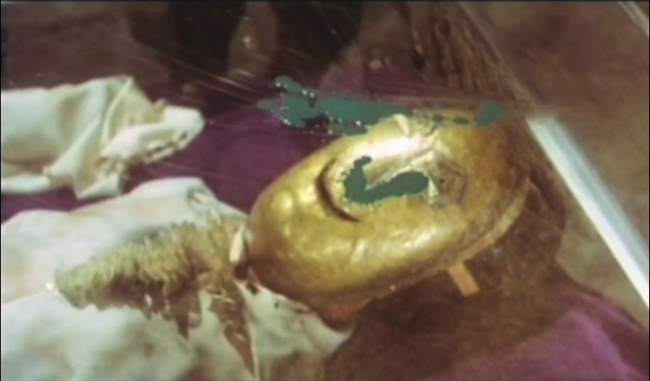
After torturing to death twelve virgins, a sinister nobleman (Lee) is forced to wear a weird smiling mask and is sentenced to be quartered, his body pulled apart by four horses. His name is Count Regula, and he's a "regula" fiend, this guy. I'm just kidding, it's a perfectly regula name. I guess this is how you can tell the story wasn't originally written in English.

Before his death, Regula vows a decidedly irregula revenge on the families of the magistrate who condemned him and the woman who escaped him. Thirty-five years later and a man and woman played by the same actors, Lex Barker and Karin Dor, respectively, have been summoned by Count Regula. They know nothing of their families or their relationship to the Count and are surprised when the nearby villagers are horrified that they intend to visit the Count's castle.
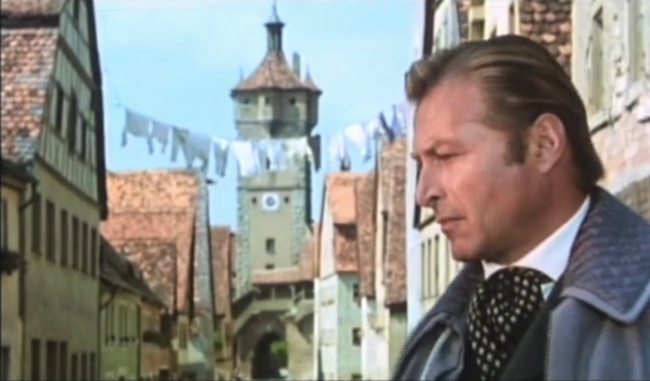
The film has fantastic visuals hidden behind the VHS haze. The town at the beginning used the beautifully preserved medieval town of Rothenburg ob der Tauber. The rest of the film is crammed with extravagant fantasy horror mise-en-scene, my favourite being trees ornamented with random human body parts.

Only the coachman sees this and he only tells the people riding in the coach that he hears screams. We're left to wonder if the body parts are products of his imagination or if they're just too horrible for him to mention.

Accompanying the group is a Falstaffian robber/monk named Fabian (Vladimir Medar), a nice addition to the group with the fairly ordinary hero and his love interest. He's one of the elements that clearly distinguish the film from a British production. The interior of Regula's castle also has lighting and design that recall the more lush, high fantasy films of Germany and Eastern Europe of the time.

The credits claim this film is based on "The Pit and the Pendulum" but, like most other movies that make that claim, it bears almost no resemblance to Poe's story beyond having one scene where a character is tied up while a pendulum swings over his belly. The film never reaches Poe's heights of psychological horror but if you're looking for some over the top, Halloween-ish, slightly campy vibes the good Dr. Sadism has what you need.
Twitter Sonnet #1170
Infected limbs assemble, walking straight.
Attending stars descend beneath the gloom.
A fatal coin contaminates the bait.
A razor thread has cut the wild loom.
An errant fly composed the helpless dough.
Repulsive cakes emerge in blackened pans.
The knife begins to scream and strangely glow.
The vittles thus prepared not beast's or man's.
Revived among the verdant slimes it rose.
A wretched claw, a shadow, former hand.
The bony finger still decisive chose.
Relentless wheels are turning on command.
A sea of howling dead condemn the hull.
To swirling depths the damned consign a skull.

